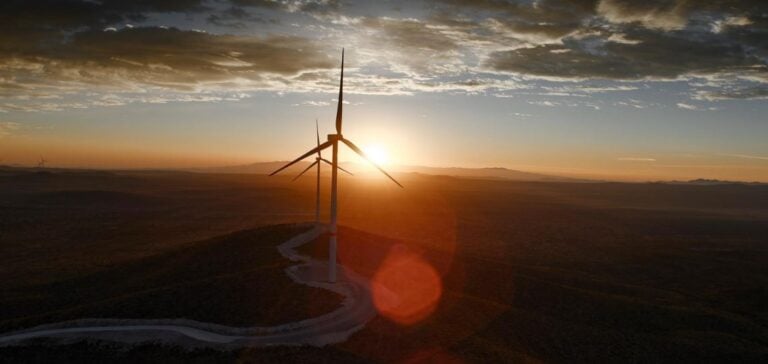Since the new regulations came into force in December 2022, the REC market in India has changed significantly.
The Central Electricity Regulatory Commission (CERC) has abolished floor and ceiling prices, making the market more volatile.
In addition, the introduction of Over-the-Counter (OTC) trading aims to increase trading flexibility, but has not yet succeeded in resolving the fundamental imbalances between supply and demand.
This increased volatility has accentuated the decline in I-REC prices, which have been estimated at between $0.7/MWh and $1.7/MWh in 2023, well below local REC prices which are around ten times higher.
Imbalance between supply and demand
One of the major problems facing the I-RECs market in India is the massive surplus of untraded certificates, which exceeded 11 million by mid-2024.
Although demand for green energy attributes is on the rise, supported by voluntary sustainability targets and increased Renewable Portfolio Holder (RPO) responsibility requirements, inconsistent policies between states and the federal government are creating a gap.
Indeed, state RPO targets are often 30% lower than those set at the federal level, limiting local demand for certificates and contributing to the glut.
Comparison with international markets
I-RECs offer an alternative to local RECs in India, enabling renewable energy producers to sell their green energy attributes on the international market.
However, the significantly lower prices of I-RECs make this market less attractive to Indian producers than the local market, which offers prices around ten times higher.
This leads some producers to turn to the local market despite the competitiveness of I-RECs.
This situation could change if the I-REC market manages to develop further and introduce more sophisticated financial instruments.
Influence of the Carbon Market and Future Development
The planned introduction of a carbon market in India could also restructure the energy certificate landscape.
As carbon credit standards such as the Verified Carbon Standard and the Gold Standard gradually exit the renewable energy carbon credit market in middle-income countries, many Indian producers are turning to I-RECs as an alternative.
This transition could be accelerated by higher carbon credit emission costs and an increased perception of the value of I-RECs in a sustainability context.
Market players’ outlook
Analysts and market participants expect the I-REC market to evolve rapidly, influenced by regulatory adjustments and carbon market developments.
The Indian market could see a significant transformation of its current dynamics if incentives for local RECs and I-RECs mechanisms become more aligned, potentially offering arbitrage opportunities for producers and buyers.
The key will lie in the market’s ability to balance supply and demand while meeting corporate sustainability expectations.
The future of the I-RECs market in India remains uncertain and will depend on a number of factors, including regulatory adjustments, carbon market trends, and the ability to narrow the gap between supply and demand.
In the meantime, renewable energy producers must navigate a complex environment where trading strategy becomes essential to ensure profitability.






















